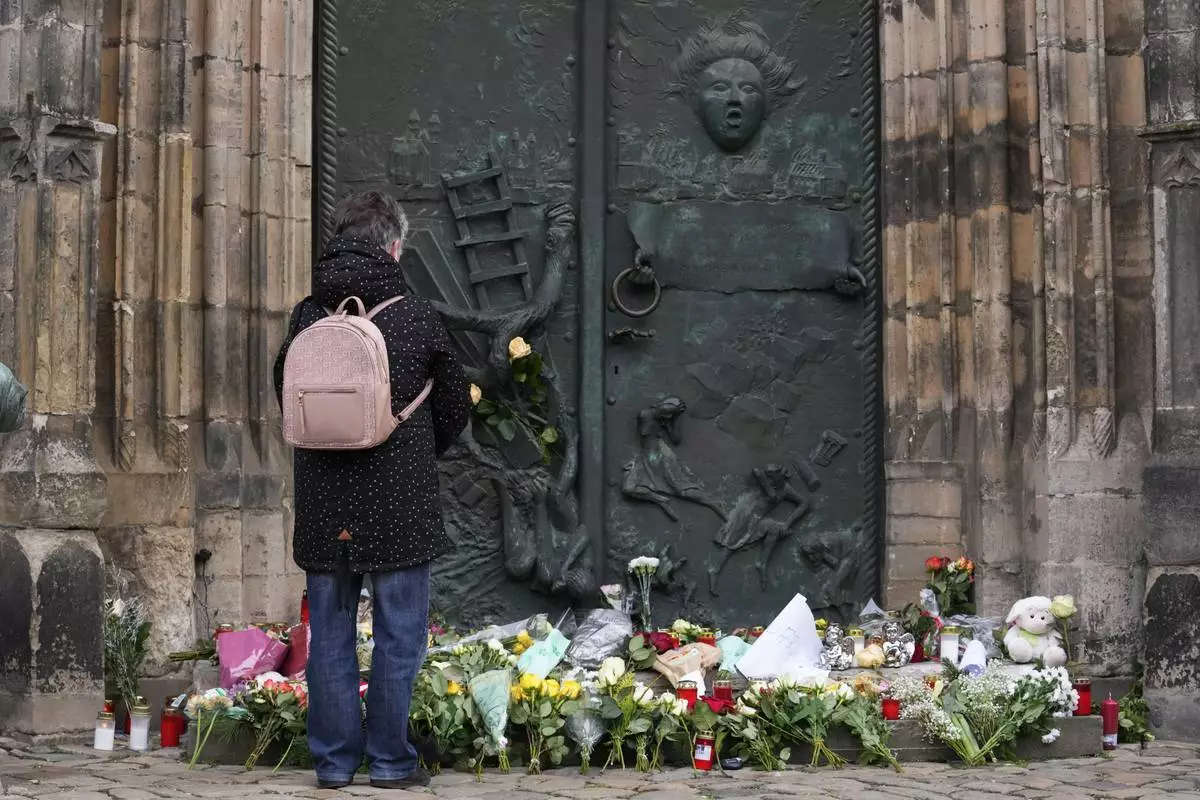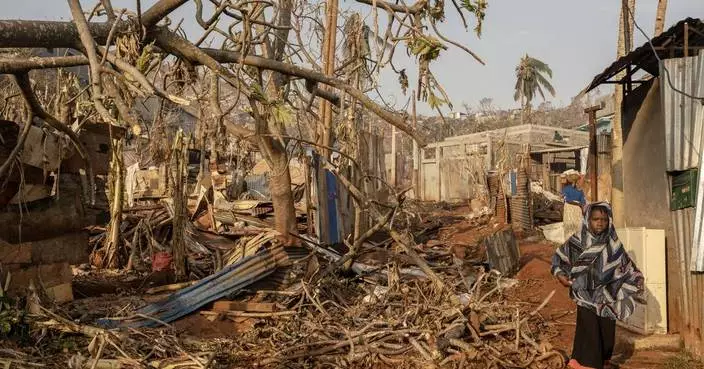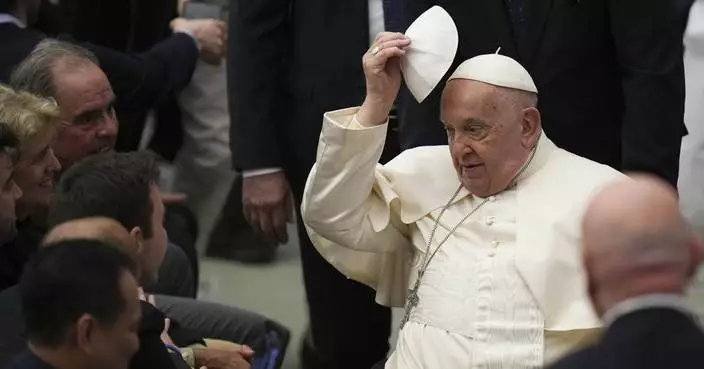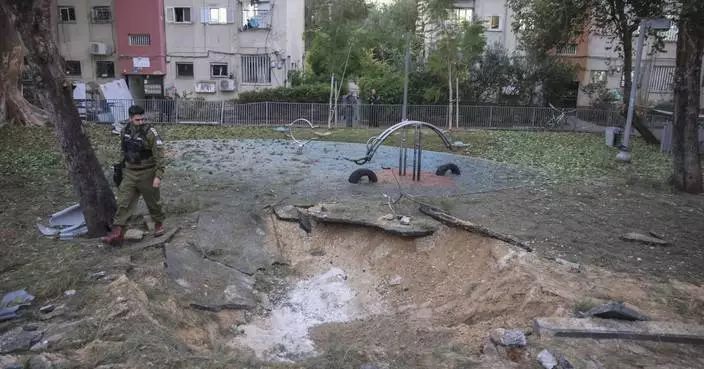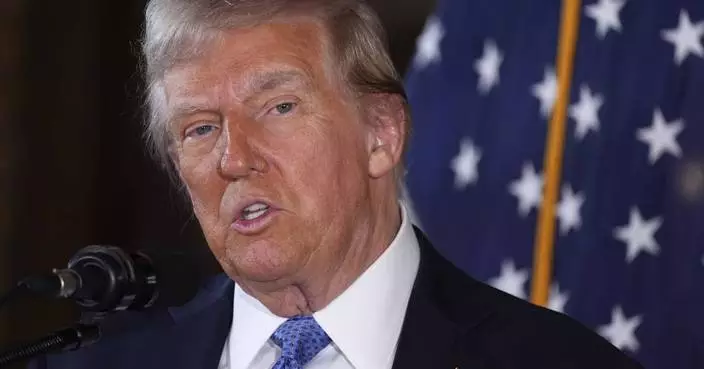PARIS (AP) — France’s new government has unveiled its 2025 belt-tightening budget bill, with plans for major tax hikes and spending cuts aimed at tackling the country’s giant deficit.
Prime Minister Michel Barnier, a conservative, described the massive hole in the public finances as a “ sword of Damocles ” that could bring the euro zone’s second-biggest economy "to the edge of the precipice.”
Still, his budget plans have angered many in the country and are expected to be harshly debated in parliament in the coming weeks, with his government's survival at stake.
France has a high level of public spending driven by generous social welfare programs, healthcare and education — and a heavy tax burden that falls short of covering the costs. For over two decades, the country struggled to keep its deficit below the European Union’s target of 3% of its gross domestic product (GDP).
France's debt increased significantly because of the economic slowdown caused by the COVID-19 pandemic. President Emmanuel Macron applied a “whatever it takes” strategy based on state intervention to save jobs and businesses, including a massive partial unemployment program and subsidized childcare leave.
Following the virus crisis, Macron’s former centrist government vowed to put the country’s finances back on track. But budget overruns and lower-than-expected tax revenues instead dug a bigger hole. This year’s budget deficit is expected to reach 6.1% of GDP.
Barnier, appointed in September following surprise legislative elections, has vowed to reduce it to 5% next year.
France is under pressure from the European Union’s executive body to reduce its debt. Earlier this year, the EU’s executive arm placed it under a formal procedure for countries running up excessive debt, the first step in a long process before member states can be hemmed in and pushed to take corrective action.
Barnier decided to delay the target date for reaching the euro zone’s 3% deficit goal from 2027 to 2029.
The situation also affects France’s credibility on financial markets, making its borrowing costs surge.
France “is in the situation of a family living beyond its means,” the governor of the Bank of France, François Villeroy de Galhau, said on France Info radio. "Therefore it has to reduce its expenses and increase its income a little. First of all, we need to control our spending, because when you compare France to our European neighbors, we have the same social model, the same public service model, but it costs us a lot more.”
“We need an effort from just about everyone," Villeroy de Galhau said.
The Barnier government unveiled plans for a 60 billion euro ($65 billion) budget squeeze next year. That involves raising taxes -- a risky move in a country already known for its heavy tax burden.
Plans include the creation of new taxes — presented as temporary — on about 24,000 wealthiest households and on the profits within France of hundreds of large companies.
The bill also plans to increase taxes on electricity, air travel and polluting cars.
The government is also seeking ways to cut spending, including freezing state pensions for six months next year and reducing support for apprenticeships and subsidized contracts.
France’s generous social security program also faces spending cuts, through measures such as cutting reimbursements for medical costs and sick pay.
The defense budget, which received a big boost following the war in Ukraine, is expected to be preserved.
Left-wing opposition lawmakers and labor unions are criticizing the “austerity budget” as unfair, saying it could deeply affect millions of low-income families, apprentices, retirees and small businesses.
“The cuts in public spending and the social safety net have a greater impact on the lives of the working and middle classes,” said hard-left lawmaker Eric Coquerel, head of the Finance committee in the National Assembly.
“Employees and pensioners are once again being asked to pay the bill," the far-left labor union CGT said.
The CFDT, a more moderate left-wing union, also criticized Barnier's plans, warning of “a significant deterioration in public services such as education, and a further weakening of our healthcare system."
Employers’ unions, too, warned against the potential impact of tax hikes on businesses, including possible job losses. The government’s plans “will result in a sharp rise in costs for companies,” the Confederation of Small and Medium Size Firms (CPME) said.
The budget battle will be fiercely debated in the lower house of parliament, where the governing coalition lacks a majority.
France’s National Assembly is divided into three major blocs: the left-wing New Popular Front, the far-right National Rally party, and Macron’s centrist allies who made a deal with the conservatives to be able to govern.
Barnier’s budget approach has angered many, including centrists within his own coalition who see tax reduction as a key requirement for preserving France’s competitiveness in the world.
Left-wing opposition lawmakers will seek to subsequently amend the bill, while some in the far-right have criticized plans for major concessions from the low and middle classes.
With its survival at stake, the government may have to backtrack on some of the planned measures because losing a budget vote would prompt a deep political crisis.
Barnier is forced to rely on the far right’s good will to avoid being ousted by a no-confidence vote.
Another option for the government would be to use a special constitutional power to pass the budget without a vote, but that could also trigger a no-confidence motion, with an uncertain outcome.
The budget bill needs to be approved by the end of the year.
“High political fragmentation and a minority government complicate France’s ability to deliver on sustainable fiscal consolidation policies,” Fitch Ratings agency said last week as it lowered France’s outlook from “stable” to “negative.”
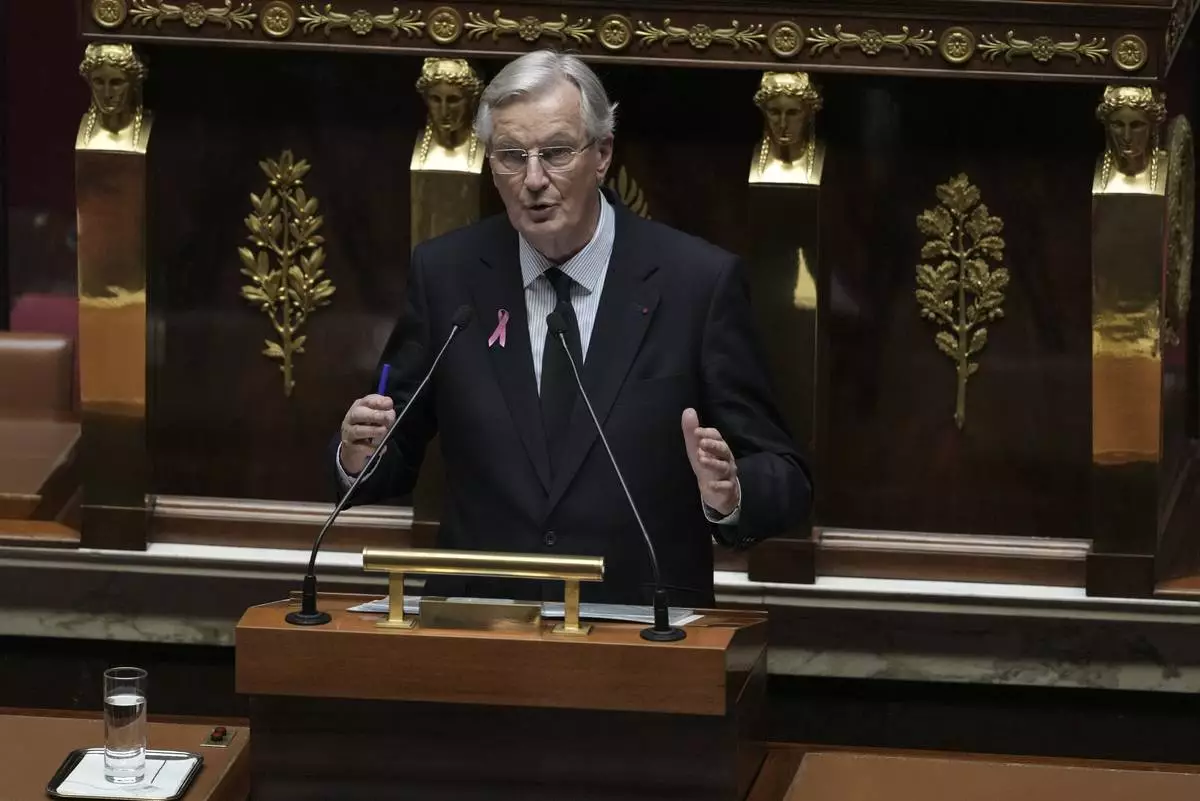
France's Prime Minister Michel Barnier gestures as delivers a speech at the National Assembly, in Paris, Tuesday, Oct. 1, 2024. (AP Photo/Thibault Camus)
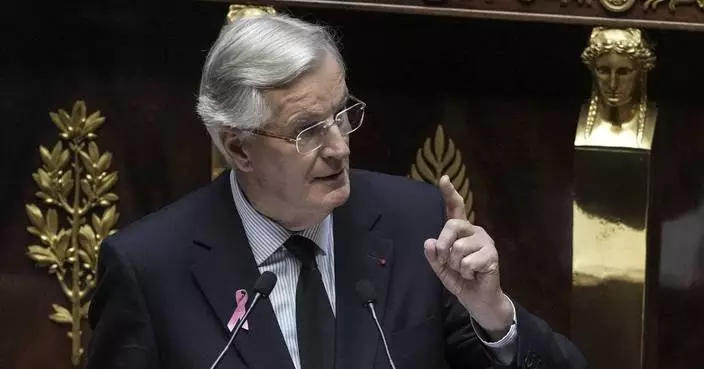
France's budget battle: Why the government's plan to plug the deficit is sparking an outcry
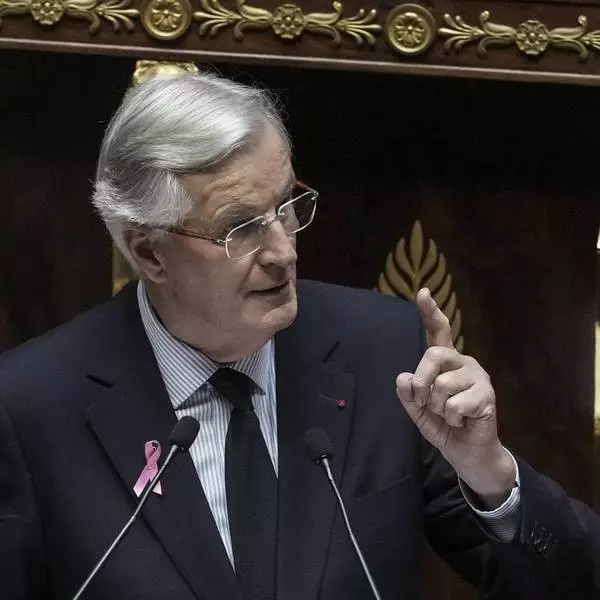
France's budget battle: Why the government's plan to plug the deficit is sparking an outcry
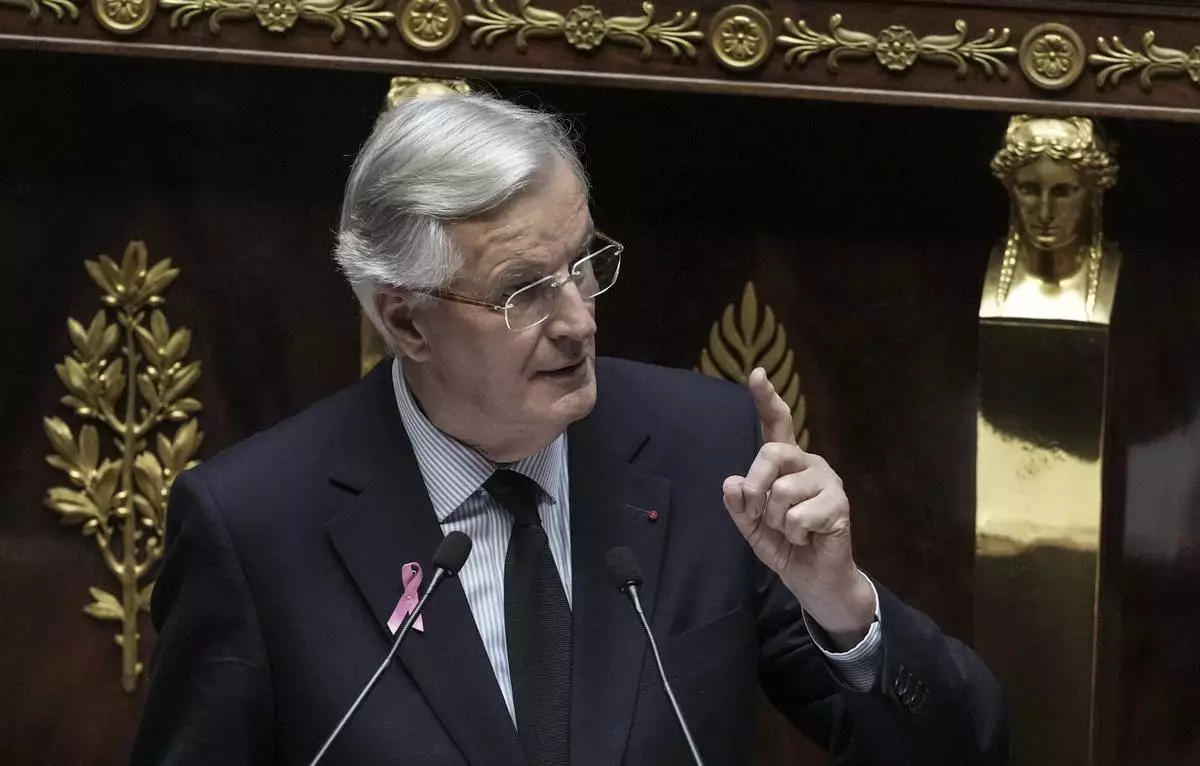
France's Prime Minister Michel Barnier delivers a speech at the National Assembly, in Paris, Tuesday, Oct. 1, 2024. (AP Photo/Thibault Camus)



